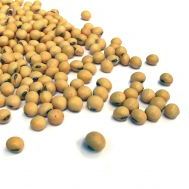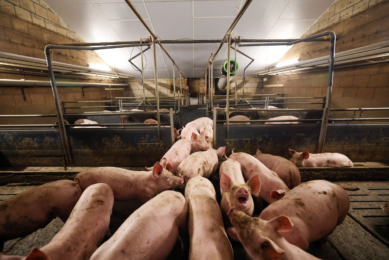International soy conference lacks criticism

It was difficult to find some critical comments at the conference: Sustainable agriculture in Brazil- responsible soy for food, feed and fuel, held in Wageningen, The Netherlands on 15 October.
central Brazil and also the biggest soy farmer in the world was one of the
speakers at the conference. For him the message is clear: ‘The world needs all
the soy it can get from big farmers in Brazil.
Maggi knows what he’s
talking about. His farm has 140,000 hectares of soy and his business includes a
processing plant that presses 400,000 tons of soy beans, harbour facilities and
a transport company. Annual turnover is estimated at US$600 million. In his
presentation, Maggi sketched the context of the deforestation that has occurred
as a result of soy growing, and in the press conference said it was not true
that large scale soy growers have pushed out the small farmers. According to
Maggi, there are no conflicts between soy growers and local Indians either.
Sustainable land use
The Brazilian
minister of agriculture, Reinhold Stephanes asked what gave Europeans the right
to criticise Brazil. After all, the Brazilian rainforest is to a large extent
still intact, while European forests have all but disappeared. A representative
of Abiove, the Brazilian
association of vegetable oil producers, also spoke at the conference, arguing
that Brazil has stricter environmental regulations than Europe. Dr Prem
Bindraban, a researcher at Plant Research International, presented an analysis of the soy
sector in which he suggested that it is inevitable that the area of soy
cultivation will grow. He made a plea for careful land use planning so that
growth is managed sustainable.
Real
criticism
The real criticism could be heard in the breaks, however, when
a Greenpeace
representative commented that the problem now is that the Brazilians think
they’ve got the situation under control because they have passed laws. Some
Brazilian students could also be heard muttering, surprised that Maggi said he
had no problems with Indians, while there have been recent violent uprisings.
Source:
www.resource-online.nl











